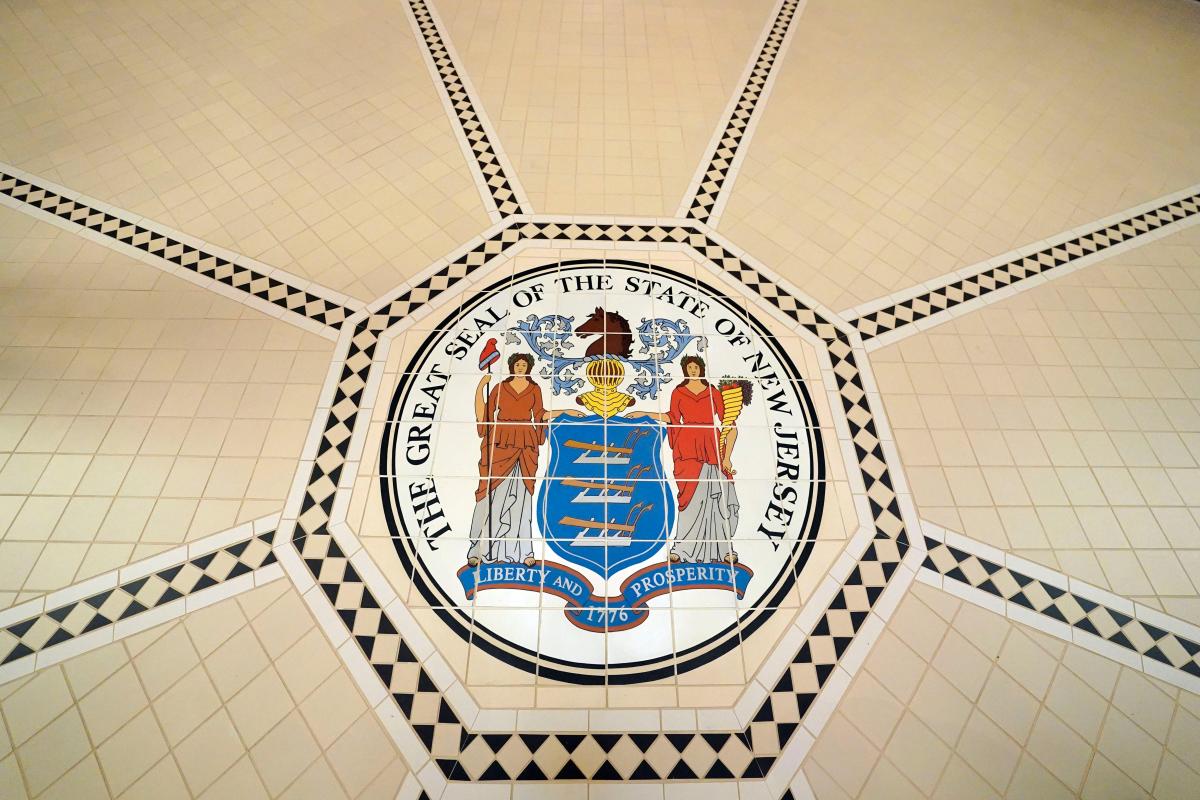It’s one of the rare points of agreement between the U.S. presidential candidates: China is a major threat to the United States.
Both Kamala Harris and Donald Trump have campaigned with a hard stance against Chinese competition. And little wonder: Surveys show that U.S. opinions of China have sunk to an all-time low.
But how do people in China see the U.S. election?
The Times spoke with Yawei Liu, founding editor of the U.S.-China Perception Monitor. Based in Atlanta, where Liu is a senior advisor on China at the Carter Center, the organization collects information from Chinese scholars and opinion leaders, opinion surveys and Chinese media reports.
The conversation has been edited for length and clarity.
What do Chinese people think about this presidential election?
The Chinese are literally fascinated by this election.
They’re intrigued by the rise and fall of President Biden. They are excited by the prospect that a woman of color may be, for the first time, the president of the United States. And certainly they try to figure out why someone like Trump can have such a long political life, despite all the scandals, despite that half of the country hates him, despite all the problems that would disqualify any other politician.
In China, there’s no outlet for any sort of political participation. So to read [about] — and to comment on this American election — does satisfy some of those urges for them to engage.
What has been surprising about this election compared with previous ones?
In 2000, we had Chinese government officials and scholars here in the U.S. to observe the election. And when they got up the next day, there was still no president. From that point on, American elections became a very fascinating subject for the Chinese elite. Then in 2016 there was the surprise winner, Donald Trump.

This election, because of the assassination attempts, because of Biden’s abrupt departure from the race, because of [the] quick rise of Kamala Harris, there are just so many of these things that usually are not associated with mature democracies. It’s high political drama.
Chinese media portray the chaos of the candidates and the campaign cycle as a symbol of the failings of American democracy. Do Chinese people see it that way?
They’re divided into two camps.
One says the American election is all about money and people like Elon Musk. And also that if Trump loses, he’s going to say the election was stolen. So that camp believes this is a sign of democracy not working. It’s a sign the U.S. has declined as a superpower.
But then there’s the other camp that says the fact that a few days before the election, we still don’t know who is going to be the winner, that highlights the strength of American democracy. These are real, competitive, transparent elections.
So depending on where you are on the ideological spectrum, you can find things to help your own argument.
Does China believe that one candidate would be better than the other for its own interests?
There is a bipartisan consensus that China poses an existential threat to the U.S. — one much bigger than Russia does.
If Harris wins, then it’s probably going to be repeating President Biden’s current policy toward China.
But the Chinese probably should be ready for surprises if Trump becomes the president. If he says the U.S. doesn’t want to defend Taiwan, that probably is something China would like to hear.
The personality, the character of the president — that probably has the biggest impact.


How have Chinese perceptions of Trump changed since he was last elected in 2016?
The majority of the well-informed Chinese elite probably didn’t believe he could be elected. It was a bigger surprise that he was the first candidate who turned his campaign rhetoric into policies. You look at Clinton, back in 1992 [he] said he was going to bring down dictators from Baghdad to Beijing. You look at George W. Bush say the U.S. and China are rivals, we’re going to compete. But once they were elected, then they quickly forgot what they talked about, particularly in the case of China. Trump was the one that put [his tough talk] to work.
Then the Capitol riot was a big surprise to many Chinese, because American democracy was known for the peaceful transfer of power.
But the Trump defied it and tried to overturn the election outcome. Then many did not believe he could really become this year’s candidate, because he was convicted. Now, they’re just holding their breath to see who is going to emerge victorious on Nov. 5.
Traditionally, informed opinion of the U.S. political system is that free press and mature political institutions — checks and balances and rule of law — will foster cleaner, more efficient and decent political leaders. The rise of Trump has certainly dashed such beliefs and makes people more doubtful of the utility of [the] Western democratic system.
What do people in China think of Harris?
They’re keenly aware that if she wins, that’s a sign of the vibrancy of American democracy. In 2008, Obama was elected, that was very inspiring. In 2024, if she wins, that certainly is a miracle and probably will again be a story of inspiration, that any dream can become a reality in this country called the United States. It’s easier to associate Trump with weakening of American institutions.


Her vice presidential pick Tim Walz has experience teaching in China. What do Chinese think about that?
Making trips to China, understanding Chinese culture, having friends in China, doesn’t mean that as VP, if he wins, he’s going to be more friendly towards China.
You have Kevin Rudd from Australia. Initially, there was a lot of excitement that Australians elected a Chinese-speaking prime minister in 2007. But he actually had a very tough policy on China.
Then you have Gary Locke as the first Chinese American U.S. ambassador to China in 2011. He does not have a particularly friendly attitude, at least as was reported by Chinese media.
And now, you have Katherine Tai as the current U.S. trade representative, and she’s tougher on China than anybody else.


How have Chinese media covered this election?
The Chinese media are going all-out to report this election.
There’s very little censorship on what can be reported. They don’t like to cover how they talk about China. Other than that, it’s just an open game in terms of how you can cover this election.
There’s also a new phenomenon: More people are getting their information from social media.
I remember in 2020, a blog I wrote [on the Chinese site Baidu] could have over millions of views in a matter of 24 hours. That’s how interested the reading public in China is.
The Chinese official media outlets tend to portray the U.S. in serious decline as seen from the Jan. 6 riots, unpreparedness in responding to the pandemic, deteriorating race relations and political process dominated by money.
Many in China also believe the U.S. is doing everything possible to contain the rise of China. While some of these perceptions are supported by carefully selected evidence, the overall Chinese perception of the U.S. cannot be described as objective and fair.
Sign up for Essential California for news, features and recommendations from the L.A. Times and beyond in your inbox six days a week.
This story originally appeared in Los Angeles Times.














